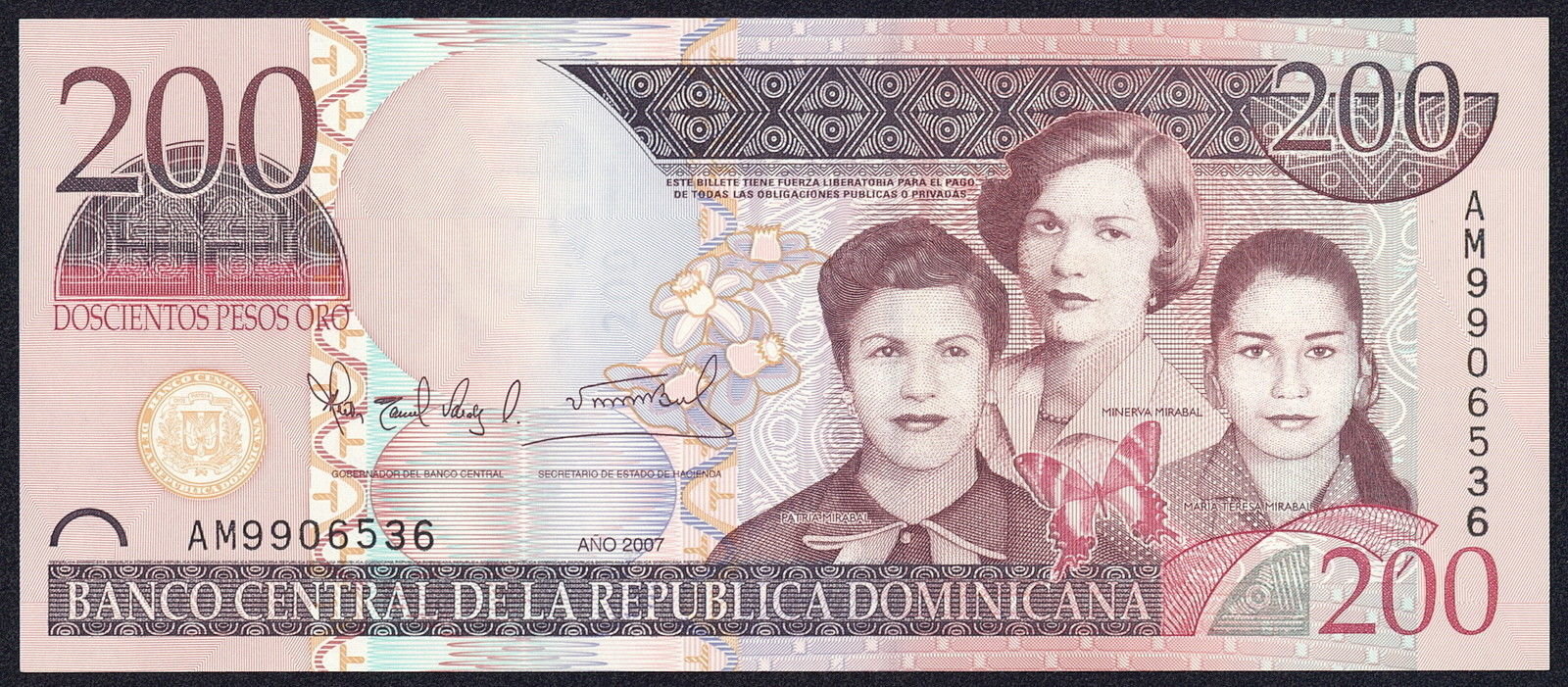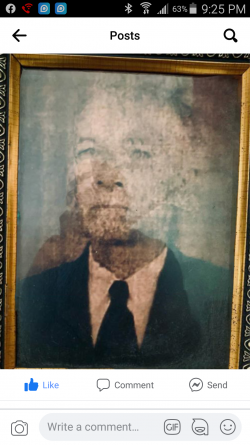After 20 years of building my tree that contains 3449 relatives, below you will find my notable ancestors and DNA data.
Ethnicity Estimate
Portugal 27%
Spain 24%
Cameroon, Congo & Western Bantu Peoples 10%
Senegal 7%
Northern Africa 5%
Benin & Togo 5%
Indigenous Haiti & Dominican Republic 3%
Scotland 3%
Nigeria 3%
Wales 2%
European Jewish 2%
Indigenous Eastern South America 2%
England & Northwestern Europe 1%
Middle East 1%
Basque 1%
Ireland 1%
Indigenous Americas—Colombia & Venezuela 1%
Sweden 1%
Indigenous Americas—Yucatan Peninsula <1%
Dominican Republic 100%
Notable Ancestors:
Great grand children of
Francisco Antonio Cabrera and Rosa Lopez
Raul Cabrera Rodriguez :
General and Minister of War and Navy of the cabinet of President Carlos Morales Languasco. Killed in the revolutionary campaign of 1904 and buried on May 27 of that year. Brigadier General Santos García, civil and military governor, declared the day of mourning to be his burial.
Eliseo Cabrera Rodriguez :
General and Minister of War and Navy of the cabinet of President Carlos Morales Languasco. Was victim of guerrilla action of Jimenismo in the
east of the country during the month of January 1904
Rafael Alfonso Adolfo Estevez Cabrera
Hugo Adolfo Estevez Cabrera
Gustavo Adolfo Rafael Estevez Cabrera
Bolívar Candelario Cabrera
The above descendants were arrested for being part of a plot to assassinate Trujillo in the summer of 1956, soon almost all of the Cabrera's that lived in the town of Canca near Moca were also arrested. Rafael, Hugo, Gustavo, Bolívar died in the hands of Trujillo.
Andrés José Moreta married to Angela Mercedes Cabrera
Diplomat and pilot. As a pilot in the Dominican Air Force. Was the first Dominican pilot to break the sound barrier.
Great grand nieces of
Bernardo Fernandez and Eufemia Abreu
Aida Patria Mirabal Reyes
Bélgica Adela Mirabal Reyes
Antonia María Teresa Mirabal Reyes
María Argentina Mirabal Reyes
martyred Sisters on a 200 peso note
The Mirabal sisters known commonly as Patria, Minerva, María Teresa, and Dedé, who opposed the dictatorship of Rafael Trujillo and were involved in clandestine activities against his regime. Three of the four sisters (Patria, Minerva, María Teresa) were assassinated on 25 November 1960. The last sister, Dedé, died of natural causes on 1 February 2014.
The assassinations turned the Mirabal sisters into "symbols of both popular and feminist resistance". In 1999, in the sisters' honor, the United Nations General Assembly designated 25 November the International Day for the Elimination of Violence against Women.
wiki of the Mirabal sisters
Great Aunt
Maria Francisca Jorge wife of Pascual Antonio Alba:
At first the town of Licey al Medio was known by the name of Cruz de María Francisca, as Maria Francisca Jorge was the first healer. The name of Cruz was due to the fact where Doña Francisca lived, on the road that connected the towns of Las Palomas and La Reina. Their is a monument currently in the town in honor of Maria Francisca Jorge.



